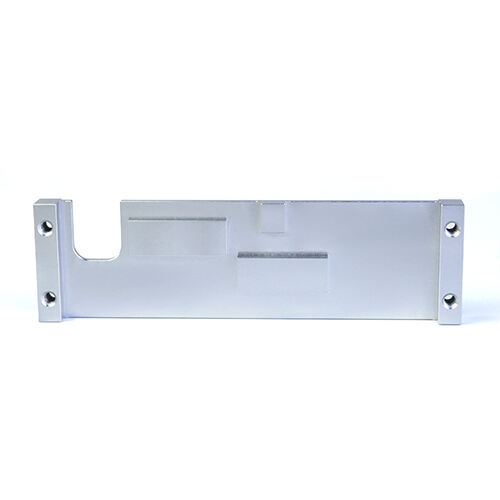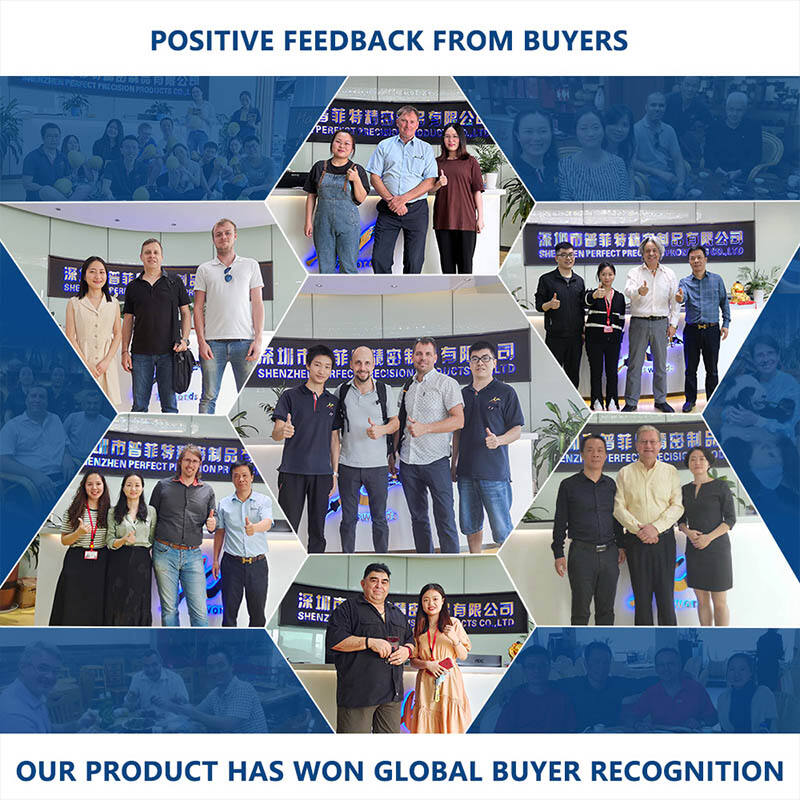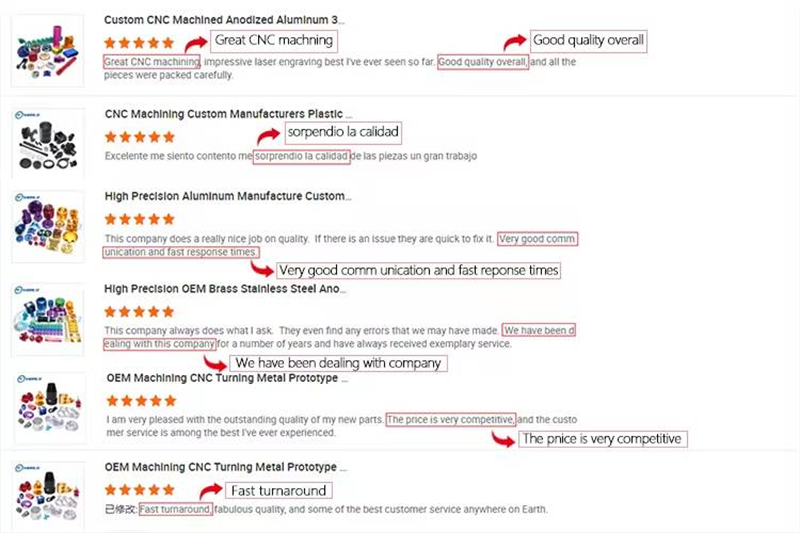Building 49, Fumin Industrial Park, Pinghu Village, Longgang District
Sunday Closed
Type:Broaching, DRILLING, Etching / Chemical Machining, Laser Machining, Milling, Other Machining Services, Turning, Wire EDM, Rapid Prototyping
Model Number:OEM
Keyword:CNC Machining Services
Material:stainless steel
Processing method :CNC milling
Delivery time:7-15 days
Quality:High End Quality
Certification:ISO9001:2015/ISO13485:2016
MOQ:1Pieces
PRODUCT DETAIL
Product Overview
Our professional metal components are widely used in various fields such as machinery, automobiles, aerospace, etc. These components have been finely processed, possessing high precision and excellent quality, and can meet the requirements of various complex industrial environments.

Processing materials
1.Steel series
Including carbon steel (such as Q235, 45 steel, etc.), it has good strength and toughness, and is suitable for structural components that can withstand certain loads. Alloy steel (such as chromium molybdenum steel, nickel chromium steel, etc.) is used in scenarios that require high hardness, wear resistance, and corrosion resistance, such as engine components working in high temperature and high pressure environments.
2.aluminium alloy
Aluminum alloys such as 6061 and 7075 are lightweight, strong, and have good processing properties. They are commonly used in the manufacturing of aerospace components, effectively reducing overall weight while meeting structural strength requirements.
3.stainless steel
Materials such as 304 and 316 stainless steel have excellent corrosion resistance and are commonly used in the production of metal components such as food processing equipment and medical devices that require high hygiene and corrosion resistance.
Processing technology
1.Cutting process
By adopting advanced laser cutting technology, raw materials can be accurately cut into the desired shape and size, with smooth and high-precision cuts and a small heat affected zone. For thicker metal materials, CNC flame cutting and plasma cutting can also be used to ensure cutting quality and efficiency.
2.Forming process
Forming metal materials through forging, stamping, and other methods. Forging technology can refine metal grains, improve the mechanical properties of components, and is suitable for manufacturing key components that can withstand heavy loads, such as gears, shafts, etc. Stamping technology is used to produce a large number of thin sheet components with regular shapes, which is efficient and cost-effective.
3.Machining process
Use high-precision CNC lathes, milling machines, drilling machines, and other equipment for processing. Turning can accurately machine the surface of circular components, ensuring dimensional accuracy and surface roughness. Milling can produce various flat, grooved, and complex shaped contours. Drilling is used to machine hole structures, which can meet the processing requirements of different hole diameters and depths. In addition, precision machining processes such as boring and grinding are also included to further improve the accuracy and surface quality of components.
4.Surface treatment process
In order to improve the corrosion resistance, wear resistance, and aesthetics of metal components, we offer various surface treatment methods. Electroplating processes such as galvanizing and chrome plating can form a uniform metal protective film on the surface of components; Anodizing treatment can enhance the corrosion resistance and hardness of aluminum alloy components; There are also shot peening, phosphating treatment, etc. Choose the appropriate surface treatment method according to different usage needs.


Q: What types of metal parts do you process and manufacture?
A:We process various types of metal components, including but not limited to mechanical structural components (such as shafts, gears, boxes, etc.), automotive components (engine parts, chassis parts, etc.), aerospace components (wing connectors, engine blades, etc.), as well as metal casings and brackets for electronic devices. It covers various components from simple to complex, from small to large.
Q: What processing techniques do you use?
A: We adopt advanced processing techniques, including cutting techniques (laser cutting, CNC flame cutting, plasma cutting), forming techniques (forging, stamping), machining techniques (CNC lathes, milling machines, drilling machines, as well as precision machining such as boring and grinding), and surface treatment techniques (galvanizing, chrome plating, anodizing, shot peening, phosphating, etc.). These processes ensure high quality and precision of the components.
Q: How much machining accuracy can be achieved?
A: Our processing accuracy varies depending on different processing equipment and techniques. Generally speaking, the dimensional accuracy of CNC machining equipment can reach ± 0.01mm or even higher, and the specific accuracy requirements can be adjusted and guaranteed according to the customer's design requirements.
Q: How to ensure product quality?
A: We are equipped with advanced testing equipment such as coordinate measuring machines, hardness testers, flaw detectors, etc. At the same time, following the strict ISO9001 quality management system, from raw material procurement, processing monitoring to finished product inspection, each link has detailed quality control standards and processes, conducting spot checks and full inspections to ensure that the product qualification rate is at the leading level in the industry.
Q: How long is the development cycle for customized products?
A: The development cycle depends on factors such as the complexity of components, customization requirements, and order quantity. Simple customized components may be completed within a few days to weeks, while complex components that require high precision and performance may take several months. We will communicate with the customer after receiving the order and determine a rough schedule.
Copyright © Shenzhen Perfect Precision Products Co., Ltd. All Rights Reserved — Privacy Policy — Blog